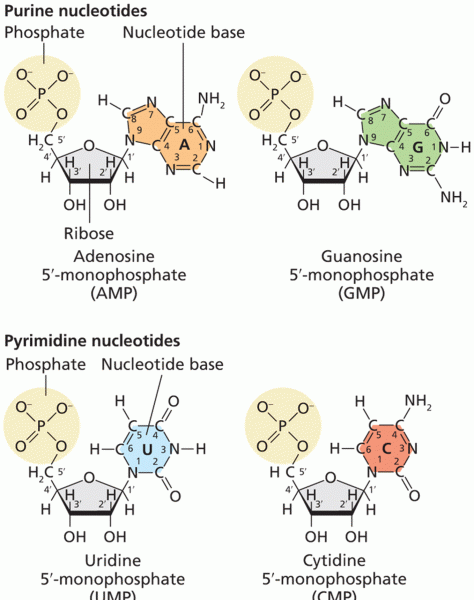|
|
|
There are over 65,000 known species of protozoa. About 10,000 species are parasitic.
Amphetamine poisoning can cause intravascular coagulation, circulatory collapse, rhabdomyolysis, ischemic colitis, acute psychosis, hyperthermia, respiratory distress syndrome, and pericarditis.
There are immediate benefits of chiropractic adjustments that are visible via magnetic resonance imaging (MRI). It shows that spinal manipulation therapy is effective in decreasing pain and increasing the gaps between the vertebrae, reducing pressure that leads to pain.
As many as 28% of hospitalized patients requiring mechanical ventilators to help them breathe (for more than 48 hours) will develop ventilator-associated pneumonia. Current therapy involves intravenous antibiotics, but new antibiotics that can be inhaled (and more directly treat the infection) are being developed.
The immune system needs 9.5 hours of sleep in total darkness to recharge completely.
 Glaucoma. (a) A buildup of pressure within the eye cavities, often caused by a blockage of vessels t
Glaucoma. (a) A buildup of pressure within the eye cavities, often caused by a blockage of vessels t
 Fractures are diagnosed based on an X-ray of the broken bone. Shown here: a comminuted fracture of ...
Fractures are diagnosed based on an X-ray of the broken bone. Shown here: a comminuted fracture of ...





